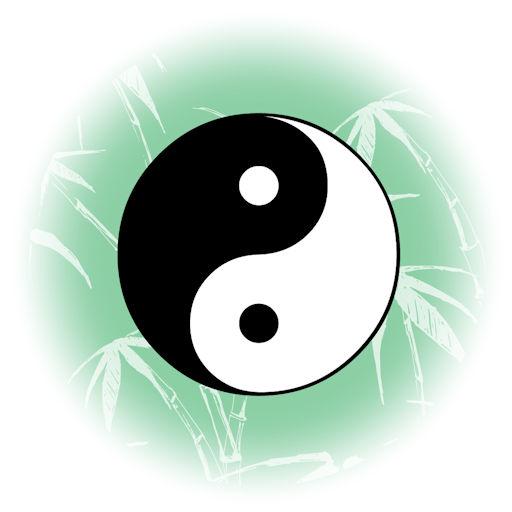Tai Chi Chuan (TCC) is a typical mind–body and low–intensity aerobic exercise that involves cognitive training and movement meditation and has positive associations with physiological and psychological conditions. TCC has metabolic equivalents estimated between 1.5 and 4.0.
This aerobic intensity overlaps with brisk walking which has been demonstrated to contribute to the prevention of cognitive decline, and rehabilitation of dementia and stroke; notably, TCC has been observed to improve power, balance, memory and attention after 6 months.
Moreover, TCC practice can affect the brain prefrontal structure and function and improve memory, as observed by functional magnetic resonance imaging (fMRI). The parietal and occipital cortices in TCC practitioners were found to have thickened through the same method.
Electroencephalo–graph (EEG) showed significant theta activities in the fronto–central and centro–parietal cortical areas in TCC practitioners and TCC have been shown to reduce anxiety and depression. However, the mechanism of the effects of TCC training on brain function remains poorly understood, especially in real–time body movements. Therefore, it is necessary to study the change in brain function related to TCC movement state.
Beyond the intensity of activity in a particular cortical region induced by TCC, significant differences in brain activity and dynamic configuration of connectivity were observed between the TCC and control groups during resting and movement states. These findings suggested that TCC training improved the connection of PFC, MC and OC in myogenic activity, sympathetic nervous system, and endothelial cell metabolic activities; enhanced brain functional connections and relayed the ability of TCC to improve cognition and the anti–memory decline potential… Read full article

